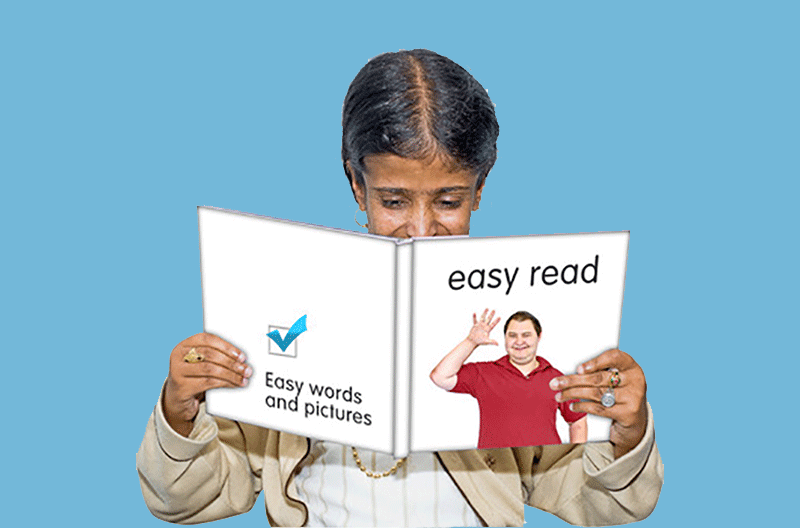Hate crime statistics
The Office for National Statistics estimate that 70,000 disability hate crimes occur every year, and our work with them has found that people with learning disabilities and/or autism are four times more likely to be a victim.
Official recorded figures for hate crime puts it at just 8,256 disability hate crimes for 2018/19.
Our original hate crime research found that 73% of people with a learning disability and/or autism have been a victim of hate crime, but 48% of people never reported it to the police. Our subsequent research has found that 78% of people believe they were specifically targeted for abuse because of their learning disability and/or autism.
Currently, there is no way to officially see how many reported cases of disability hate crime were committed against people with learning disabilities and/or autism.
But our work with the National Office of Statistics found that people with learning disabilities and/or autism are four times more likely to be victims than people with other disabilities.
Our 2021 survey found:
- 82% of people had experienced people calling them names or shouting at them in person. 34% had experienced this online
- 44% had been threatened, hurt or coerced into doing things
- 34% said they were victims of sexual abuse
- 16% had been threatened or coerced into doing things on the internet
72% of respondents thought they were seen as an easy victim and 44% said the offence took place within the last year.
67% of victims knew the person that abused them.
Offences took place in a wide variety of environments: at home, online and on the street, at school, work and on public transport.
38% of those who reported the crime to police felt happy at how the police listened; another 38% felt unhappy.
But just 28% felt happy at the subsequent police action compared to 45% left feeling unhappy. And only 24% felt happy at the final outcome compared to 55% left feeling unhappy.
Amongst those that didn’t report the incident to the police:
- 58% did not think it was important enough
- 42% did not think the police would listen to me
- 32% were scared to report it
- And 23% did not know how to report it
People reported a range of impacts on them. For example:
- 62% lost confidence in themselves
- 62% became scared of other people
- 47% felt less comfortable leaving the house
If the crime were to happen to the person tomorrow, 38% would be more likely to report it but sadly 25% would be less likely.






